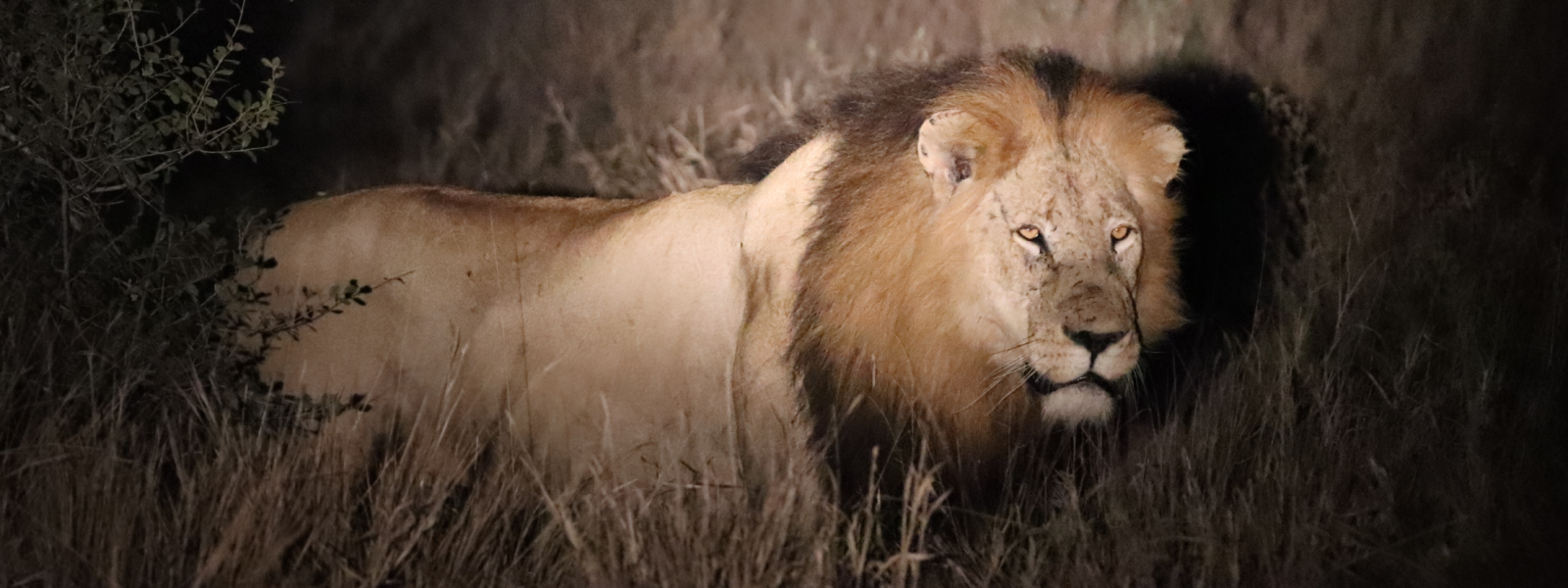Introduction
While daytime game drives offer dramatic sightings of lions, elephants, and giraffes basking in golden light, a night safari in Murchison Falls National Park reveals an entirely different world — one filled with stealthy hunters, unusual sounds, and mysterious nocturnal behavior.
Once the sun dips behind the Nile and darkness blankets the savannah, the landscape transforms. The creatures of the night emerge, and with them comes a surge of primal energy, danger, and discovery. If you’re seeking an extraordinary twist to your Uganda safari, exploring Murchison Falls after dark is an adventure like no other.
In this detailed guide, we’ll explore the top nocturnal animals you can expect to encounter, how night safaris work in Uganda, tips for safety and gear, and why this experience is a bucket-list-worthy activity for any wildlife enthusiast.
Safari Activities in Murchison Falls
Nighttime Wildlife Research Africa
Is a Night Safari in Murchison Falls Allowed?
Yes — but with specific conditions.
While night game drives are restricted in many Ugandan national parks, Murchison Falls allows guided nocturnal safaris in designated areas, provided you go with a UWA-licensed ranger or safari guide. These drives usually take place between 7:30 PM and 10:00 PM, using red-filtered spotlights to avoid disturbing the wildlife.
Requirements:
- Permitted only in northern sectors of the park
- Must be conducted with an authorized guide
- Use of specialized safari vehicles with spotlights
- Duration: ~2 to 3 hours
Murchison Falls Safari Rules
Uganda Wildlife Authority – Night Safaris
Top Nocturnal Animals in Murchison Falls
Nighttime unveils elusive and lesser-seen creatures. Here are the stars of the Murchison Falls night shift:
1. Leopards
Silent and stealthy, leopards are at their most active during the night. You may spot them:
- Perched on tree branches
- Stalking prey in the grass
- Resting near game trails or rocky outcrops
How to Spot Leopards on Safari
2. Hyenas
The haunting calls of spotted hyenas echo through the darkness. Look for them:
- Scavenging near buffalo kills
- Walking in small clans
- Lurking near lion prides
Fun fact: Hyenas are more efficient hunters than previously thought — not just scavengers!
3. Civets and Genets
These small carnivores are rarely seen during the day but are commonly active at night. Keep an eye out for:
- Civets: Cat-sized, with banded tails and spotted coats
- Genets: Agile climbers that dart through trees and underbrush
4. Aardvarks
An extremely rare but exciting sight, aardvarks are shy, burrowing mammals that emerge at night to feed on ants and termites. Their pig-like snout and long ears make them unmistakable — if you’re lucky enough to spot one.
5. Porcupines
These nocturnal foragers are more active than many realize. Look for:
- Their distinctive quills shimmering in the spotlight
- Signs of gnawing on tree bark
- Slow waddling movement near campsites
6. Owls and Nightjars
Nighttime in Murchison Falls is also rich with nocturnal birdlife. Notable species include:
- Verreaux’s eagle-owl (with pink eyelids!)
- African scops owl
- Pennant-winged nightjar (males have long wing feathers during mating season)
Birding in Murchison Falls
African Nocturnal Birds Field Guide
7. Bush Babies (Galagos)
These tiny, wide-eyed primates are surprisingly agile jumpers. You might spot them:
- Leaping between trees
- Glowing eyes in the spotlight beam
- Emitting sharp cries from the forest canopy
Tips for a Successful Night Safari in Murchison Falls
1. Dress for the Chill
Nights in Murchison can get surprisingly cold. Wear:
- Layers (fleece or light jacket)
- Long sleeves and pants (for insect protection)
- Neutral colors (avoid white or very bright tones)
2. Bring the Right Gear
- Binoculars: With night-vision capability (optional but ideal)
- Camera: High ISO settings + tripod for long exposures
- Red light torch or headlamp (for minimal wildlife disturbance)
- Bug spray with DEET or natural repellents
3. Be Silent and Patient
Nocturnal animals are sensitive to sound. Stay quiet to increase your chances of seeing shy species like aardvarks or civets.
4. Use Red Filters
White light can startle wildlife and interfere with their behavior. Red filters are less disruptive and help animals feel at ease.
5. Choose Your Guide Wisely
Go with an experienced guide who:
- Knows where nocturnal animals frequent
- Understands ethical viewing practices
- Uses red-light spotlights and quiet vehicles
Safety Considerations
- Remain in the vehicle at all times — predators roam freely.
- Don’t use flash photography unless permitted — it can blind animals.
- Respect the guide’s instructions — they know animal behavior patterns and terrain best.
- Avoid dangling limbs outside the vehicle — some animals approach curiously in the dark.
Night Safari vs Day Safari: What’s the Difference?
| Feature | Day Safari | Night Safari |
|---|---|---|
| Wildlife | Lions, giraffes, elephants, birds | Leopards, hyenas, civets, bush babies |
| Lighting | Natural daylight | Spotlights and red filters |
| Sounds | Birdsong, animal calls | Owls, hyenas, rustling brush |
| Photography | Easier for action shots | Tricky, but dramatic lighting possible |
| Mood | Energetic, exploratory | Quiet, suspenseful, mysterious |
Conclusion
A night safari in Murchison Falls is more than just a game drive at a different hour — it’s a journey into the unseen. The nocturnal world brings drama, surprise, and a whole new cast of wildlife into the spotlight.
Whether you’re hoping to glimpse a leopard on the prowl, hear the cackling of hyenas in the distance, or spot the glowing eyes of a bush baby, venturing into the park after dark offers one of the most thrilling and intimate ways to experience Uganda’s wild side.
So if you’re planning a safari to Murchison Falls, don’t miss the chance to discover what lies beyond sunset. It might just be your most unforgettable wildlife encounter yet.

